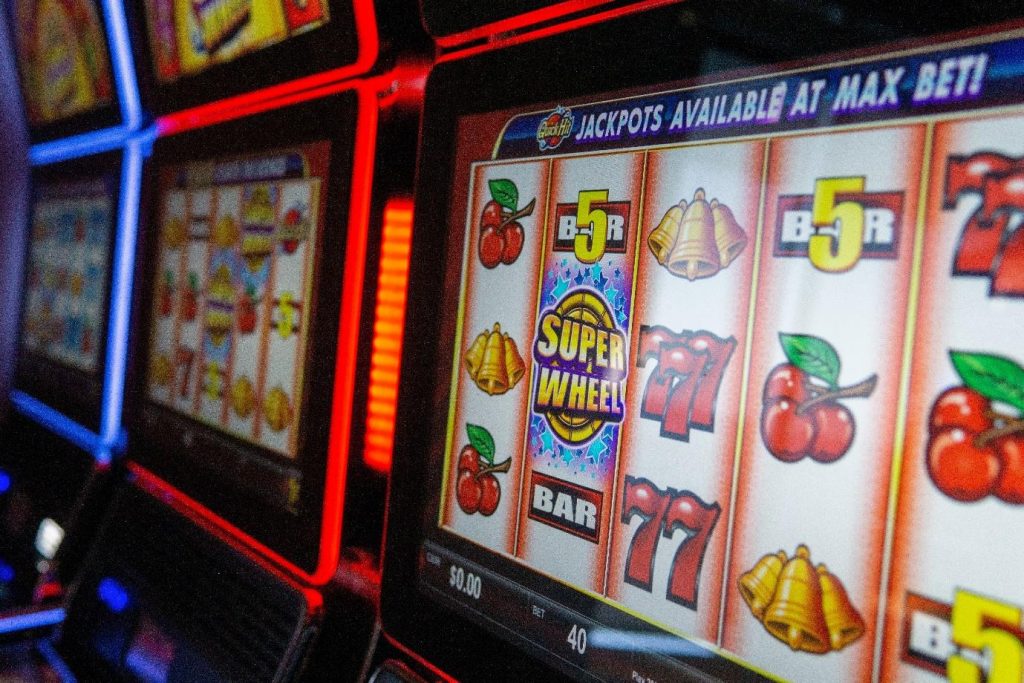Slots are one of the most popular casino games out there, with so many different varieties to choose from. But with all that variety comes a lot of different pieces of terminology for players to know and understand.
If you’re looking to learn a bit more before you play a game of Slots, then read on as we set out all the most important terminology every player should know.
Reels
One of the central building blocks of any slot game is the reels. These are the vertical sections that spin once a player initiates a game, showing the various symbols.
Classic slot machines only had three reels – in part due to physical design limitations – but modern slot games tend to feature five or more reels in total. As Slots are now largely digital in design, they have much greater flexibility with the setup of their reels.
Paylines
The payline refers to a specific line across the reels where matching symbols need to land to form a winning combination. In traditional slot machines there was only ever a single payline – the middle horizontal line – but that’s changed with modern Slots.
Now, you can find games that have dozens or potentially hundreds of potential paylines, ranging from horizontal to diagonal, vertical or zigzag lines. In cases where there are such a large number of paylines, many games will only activate a set amount depending on the size of the player’s wager.
Wilds
Wilds are special symbols that may appear on the reels of certain games. These can substitute for other, normal symbols in order to form a winning combination. Basically, they’re kind of like a joker in certain card games.
There are also variations of wilds such as expanding wilds – which can cover an entire reel – or sticky wilds – which stay in place even on an additional spin.
Scatters
These are another type of special symbol that some games include. Scatters are unique in the fact that they don’t have to land on a payline to trigger their effect, so long as the required amount shows up when the reels stop spinning.
The exact effect of scatter symbols varies, from initiating mini games to acting as multipliers or granting additional spins.
Volatility
This is a slightly more technical term, as the volatility refers to the relative risk level of a given slot game. Slots that are high-volatility tend to offer larger payouts but on a less frequent rate, where low-volatility games generally offer smaller payouts more frequently.
Volatility is an important factor to consider when deciding which slot game best suits a particular player’s preferences.
Return to player
Another factor to consider when choosing a slot game is the return to player (RTP) percentage. This is a percentage that shows how much a given slot is expected to pay back to players over time.
An RTP of 95% means that the game will return £95 out of every £100 wagered, on average. But this figure is worked out over a long-term timescale, so it is no guarantee of any short-term results.



